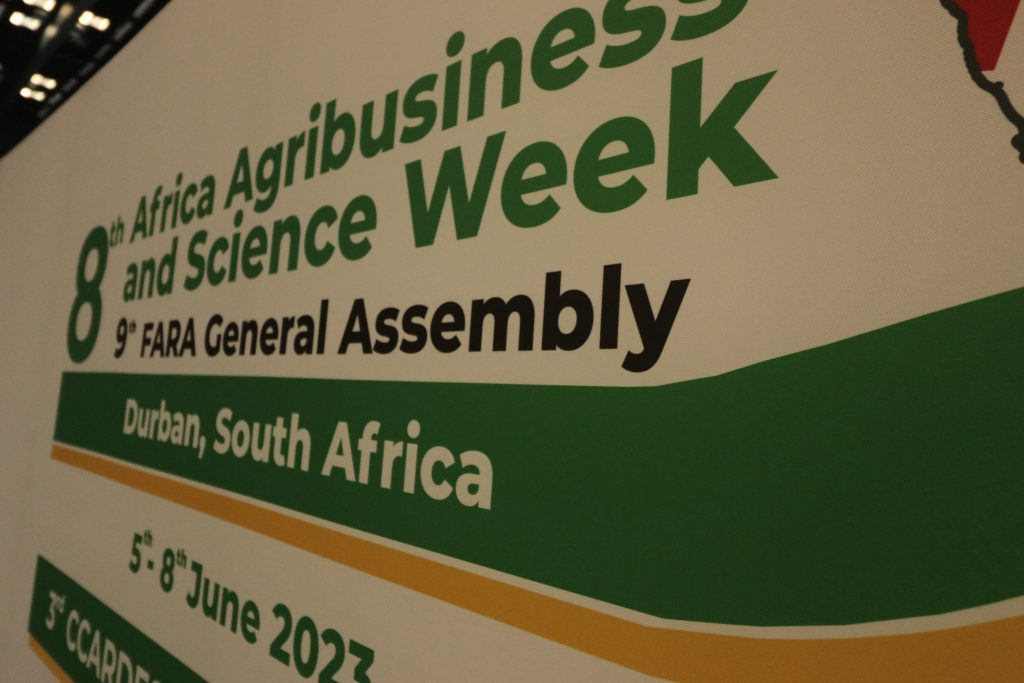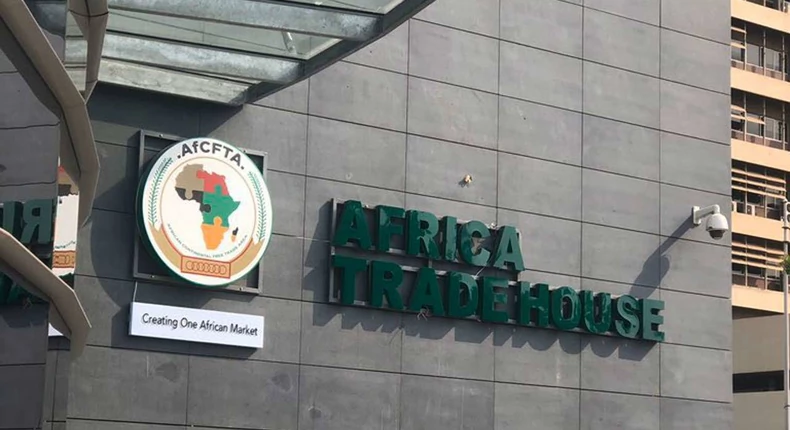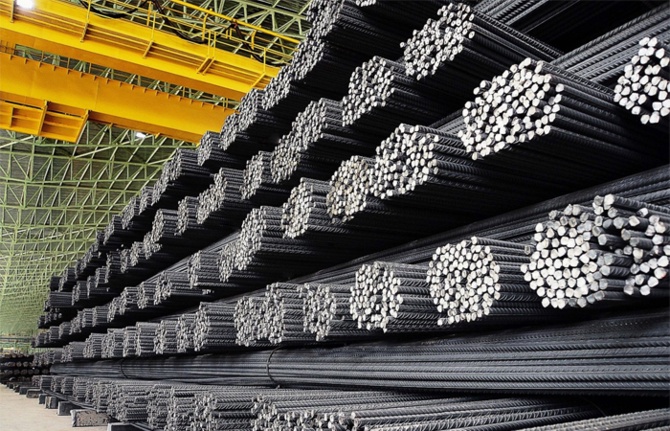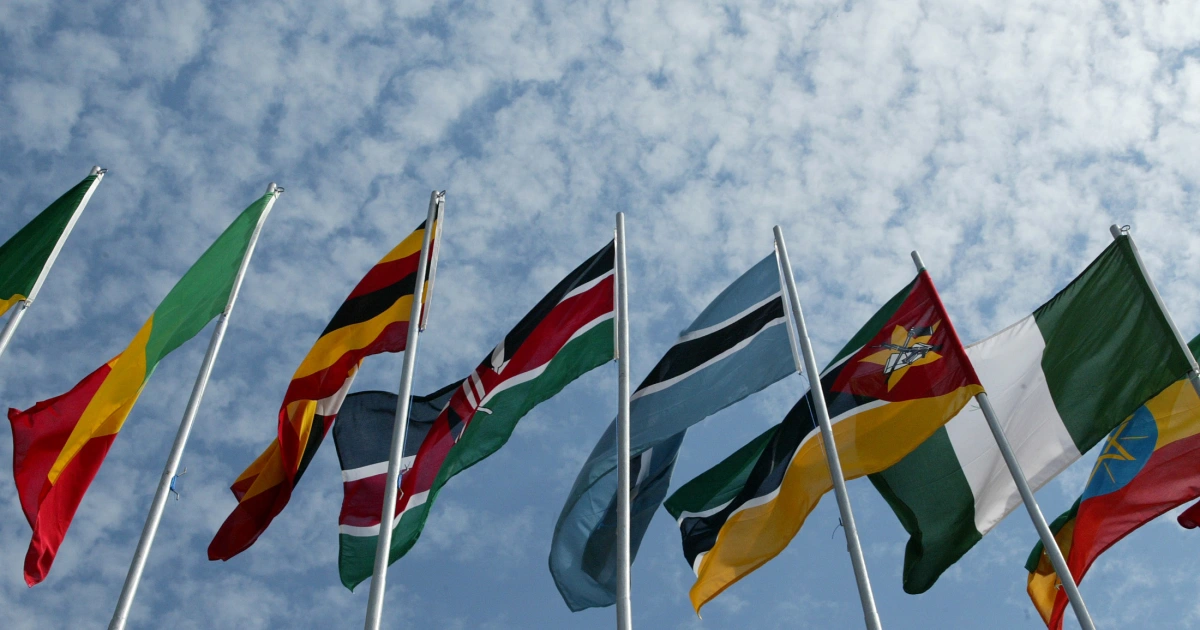The WTO chief has called on African countries to create trading opportunities and increase investment in agriculture to address food security in Africa, as the head of the African Federation of Women Entrepreneurs (AFWE) stressed the need for improved infrastructure and the removal of tariffs to facilitate intra-African commerce.
In a speech read on her behalf at the 8th Africa Agribusiness and Science Week (AASW8) in Durban, the Director-General of the World Trade Organization (WTO), Ngozi Okonjo-Iweala, has noted that one-fifth of Africa’s population continues to face hunger despite being “a continent with the world’s largest reserved arable land” and called on African governments to take steps “to reinforce the provision of public goods”. This can be done by “improving the availability of extension and advisory services, investing in research, promoting access to technology, science and innovation, and improving infrastructure in rural areas,” she noted. Highlighting the need for trade integration through the African Continental Free Trade Area AfCFTA, she said that “trade can connect producers and consumers across the [African] continent and beyond. It can also help improve agricultural productivity and create jobs in rural areas.”
Echoing the WTO chief’s appeal to the continent, the Secretary-General of the AFWE, Lucia Quachey, called on African countries to boost intra-African trade by removing cumbersome border inspections, harassment, bribes, and poor infrastructure. “Only a few hundred kilometers separate Lagos, Nigeria, from Accra in Ghana but for the thousands of traders who ply this route, the journey through these routes can take a full day,” Quachey complained in the most recent issue of Pathway Africa. She also pushed for the construction of infrastructure to facilitate commerce and for the removal of several tariffs and non-tariff obstacles.
On the positive side, Quachey noted that Kenya and Ghana have boosted their commercial ties under the AfCFTA, while the Ugandan government sees the potential offered by the AfCTA as a long-term solution to unreliable non-trade barriers (NTBs) with Kenya.



